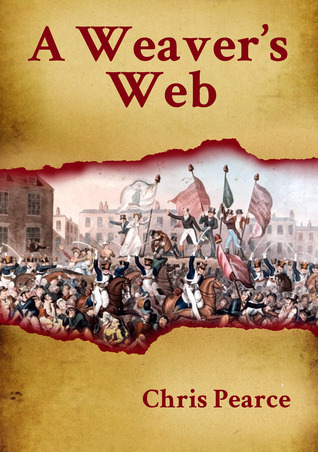What do you think?
Rate this book


401 pages, Kindle Edition
First published December 6, 2013
“Nobody ever saw a dog make a fair and deliberate exchange of one bone for another with another dog. Nobody ever saw one animal by its gestures and natural cries signify to another, this is mine, that yours; I am willing to give this for that….But man has almost constant occasion for the help of his brethren, and it is in vain for him to expect it from their benevolence only. He will be more likely to prevail if he can interest their self-love in his favour, and show them that it is for their own advantage to do for him what he requires of them. ”
― Adam Smith, The Wealth of Nations: An Inquiry into the Nature & Causes of the Wealth of Nations
He watched the autumn leaves fall on the lush green grass, still wet from dew and now shimmering under a weak sun. Through mist and between low trees and bushes across the laneway, he could see the dim outlines of scores of drab cottages dotted over the valley, most of them home to other weavers and their families. Smoke poured from chimneys and hung in the air, above the mist. He listened to the birds and the cows and pigs. And he heard the faint clanking of metal from workshops in nearby Middleton.
“The poor man’s son, whom heaven has in its anger visited with ambition, goes beyond admiration of palaces to envy. He labours all his life to outdo his competitors, only to find the end that the rich are no happier than the poor in the things that really matter.”
“Henry sat at the head of the table, grinning proudly at what he saw as his great achievement of the family having plenty of money and food, and living in luxury. He took in the aroma before picking up his silver knife and fork and proceeding to eat with relish. If only Father Edmond could see him and Sarah and their brood now, he thought, in a house as splendid as those of many of society’s leading figures.”